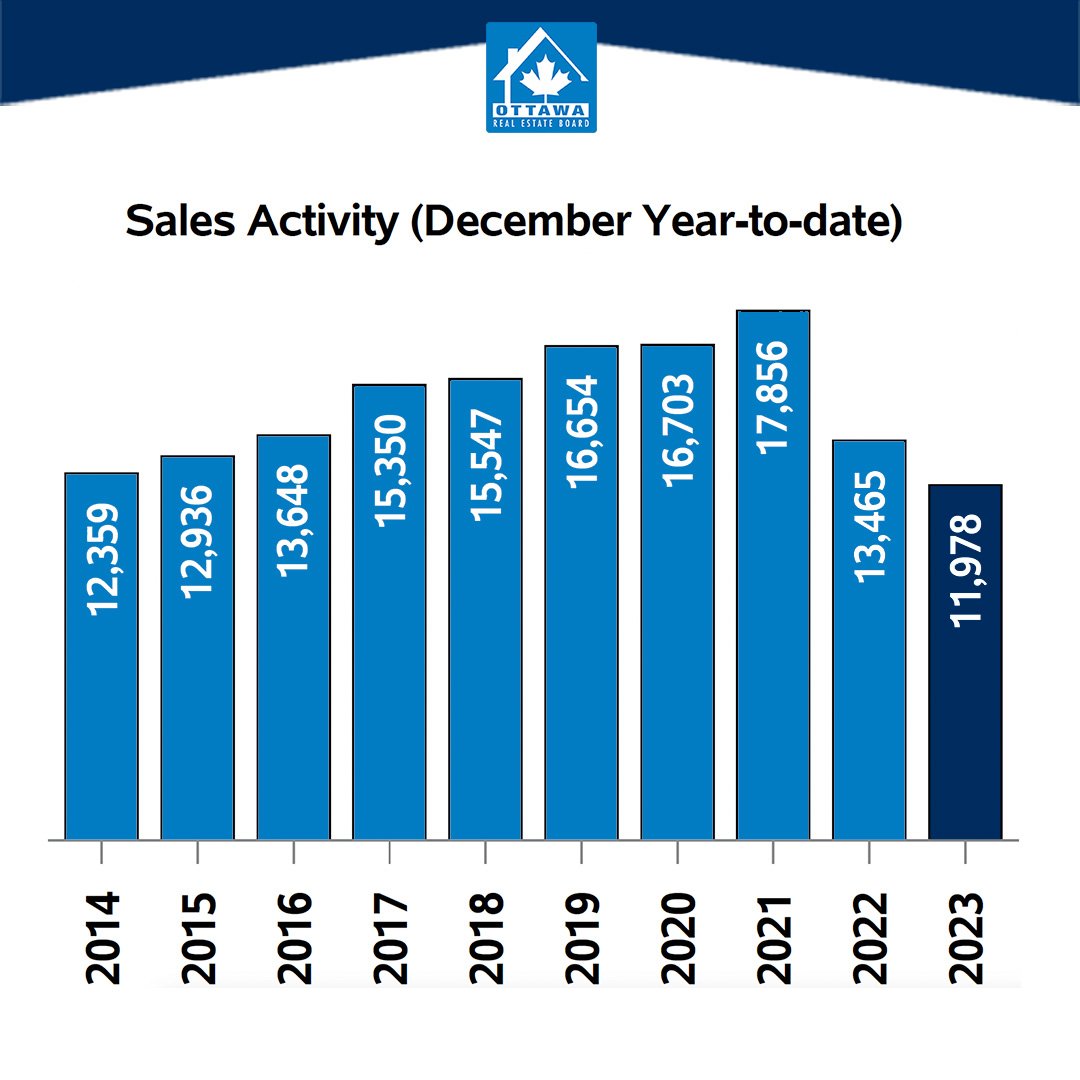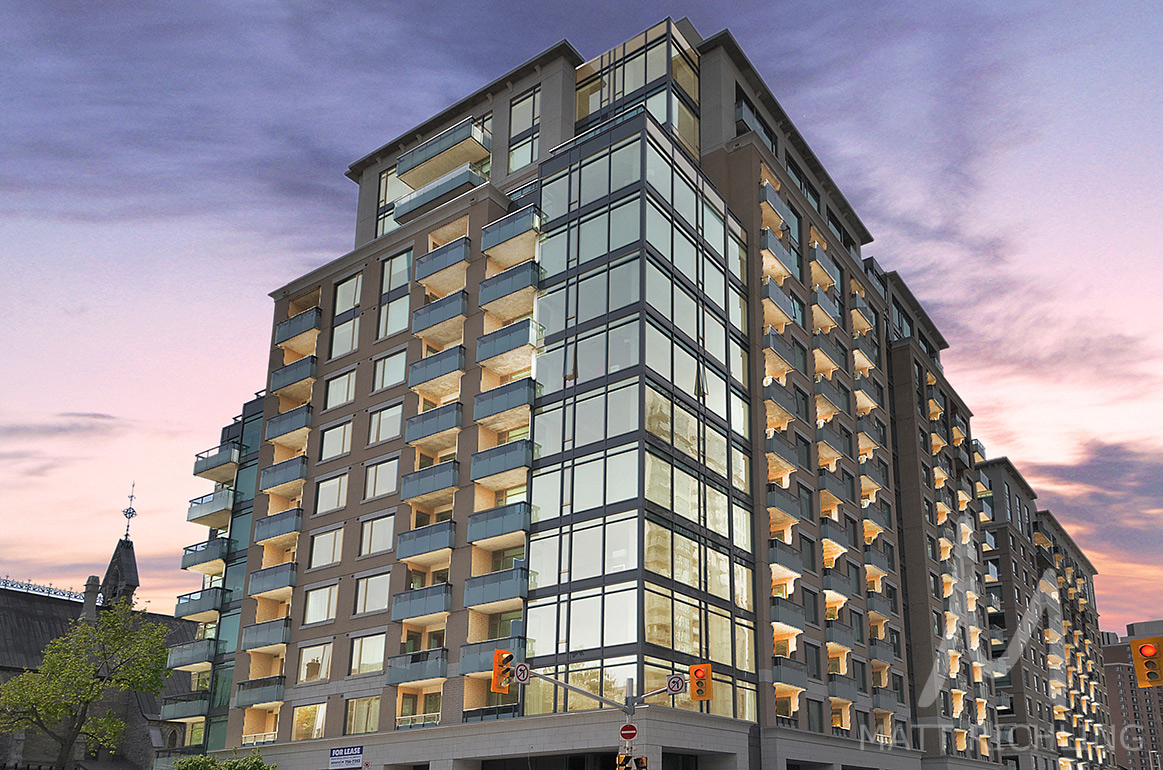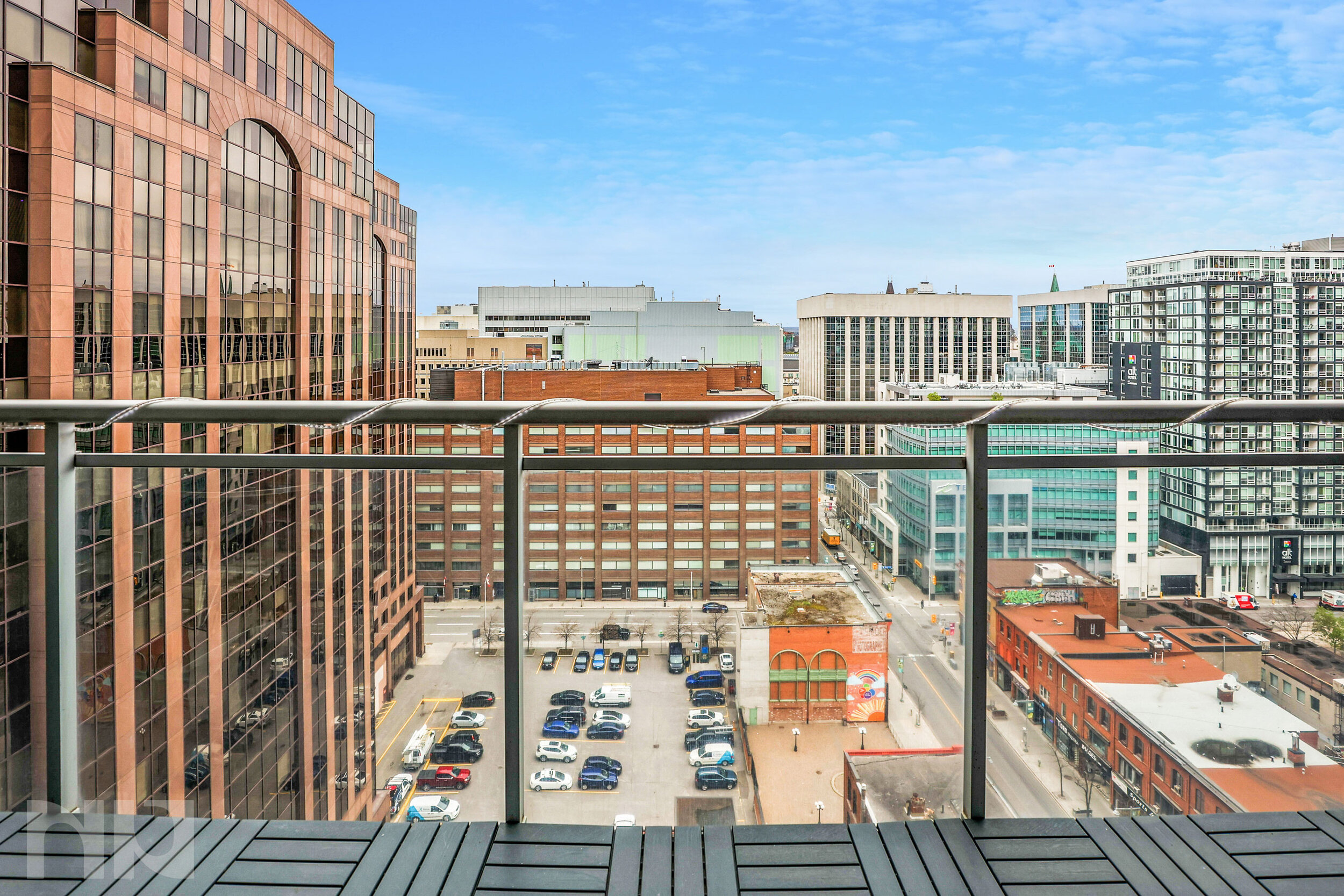
Investing in a condominium involves various considerations, one of the most critical being the financial health of the condo corporation's reserve fund. The reserve fund is essential for covering major repairs and replacements within the condominium complex. For potential buyers or current owners in Ottawa, evaluating the reserve fund is crucial to understanding the condo corporation's long-term financial stability. This guide outlines steps and considerations for evaluating the reserve fund of a condo corporation in Ottawa.
1. Understanding the Reserve Fund
a. Purpose and Importance
The reserve fund is designed to ensure that adequate funds are available for significant repairs and replacements, such as roofing, elevators, or HVAC systems. A well-funded reserve fund indicates proactive financial planning and can help prevent unexpected special assessments for unit owners.
b. Legislative Requirements
In Ontario, condo corporations are governed by the Condominium Act, which outlines requirements for establishing and maintaining a reserve fund. Understanding the legal framework can provide insights into the adequacy and management of the reserve fund.
2. Reviewing Financial Statements and Reports
a. Annual Budget and Audited Financial Statements
Review the condo corporation's annual budget and audited financial statements. These documents provide a detailed overview of the reserve fund's current balance, contributions, and expenditures.
b. Reserve Fund Study
Conduct a thorough review of the reserve fund study, which assesses the anticipated major repairs and replacements and recommends funding strategies. The study should align with the condo corporation's long-term maintenance plan and address potential risks and liabilities.
3. Assessing Adequacy and Health of the Reserve Fund
a. Funding Levels
Evaluate the current balance of the reserve fund and compare it to the recommended levels in the reserve fund study. Adequate funding levels indicate proactive planning, while insufficient funds may signal potential financial challenges or deferred maintenance.
b. Contributions and Projections
Assess the contributions to the reserve fund in recent years and evaluate projections for future contributions. Consistent and sufficient contributions demonstrate responsible financial management and a commitment to maintaining the property's value and integrity.
c. Use of Reserve Fund
Review past expenditures from the reserve fund and assess the types of repairs or replacements funded. Understanding how the reserve fund has been utilized can provide insights into the condo corporation's maintenance priorities and proactive management practices.
4. Seeking Professional Guidance
a. Consulting Experts
Consider engaging a financial advisor, reserve fund specialist, or real estate professional familiar with Ottawa's condo market. These experts can provide valuable insights, assess the reserve fund's adequacy, and highlight any potential concerns or red flags.
b. Legal Considerations
Consult with legal professionals specializing in condominium law in Ontario. They can review the condo corporation's governing documents, offer guidance on legislative requirements, and ensure that you fully understand your rights and obligations as a unit owner.
Evaluating the reserve fund of a condo corporation in Ottawa is a vital step in making informed decisions and safeguarding your investment. By understanding the purpose, reviewing financial documents, assessing the fund's adequacy, and seeking professional guidance, you can gain confidence in the condo corporation's financial health and long-term sustainability. Taking a proactive approach to evaluating the reserve fund empowers you to make informed choices, mitigate risks, and contribute to a secure and thriving condominium community in Ottawa.













































































